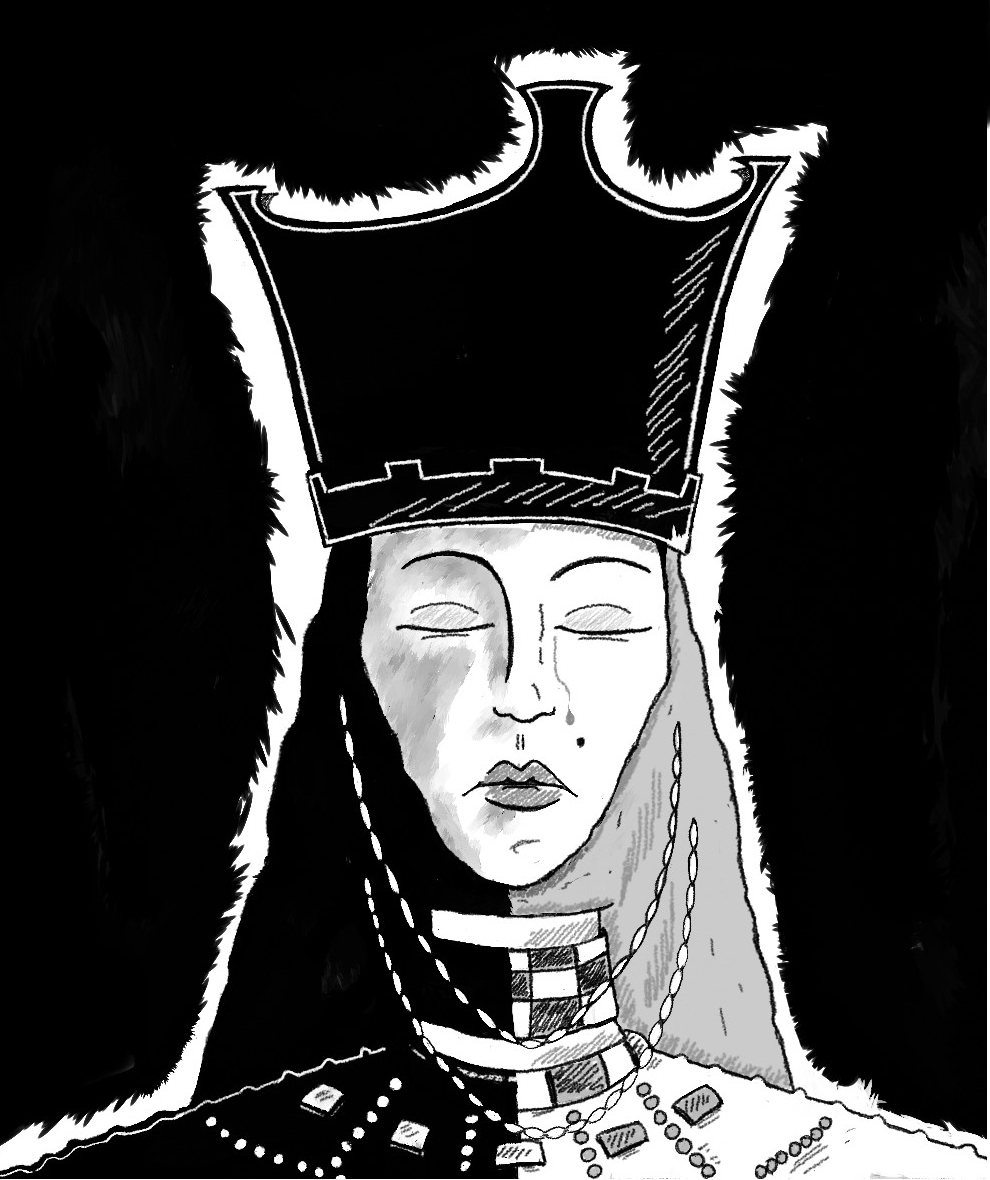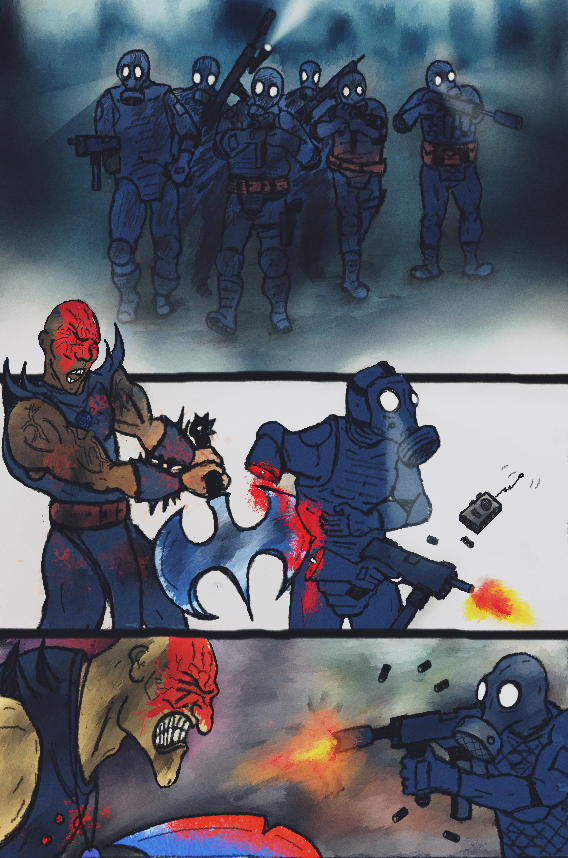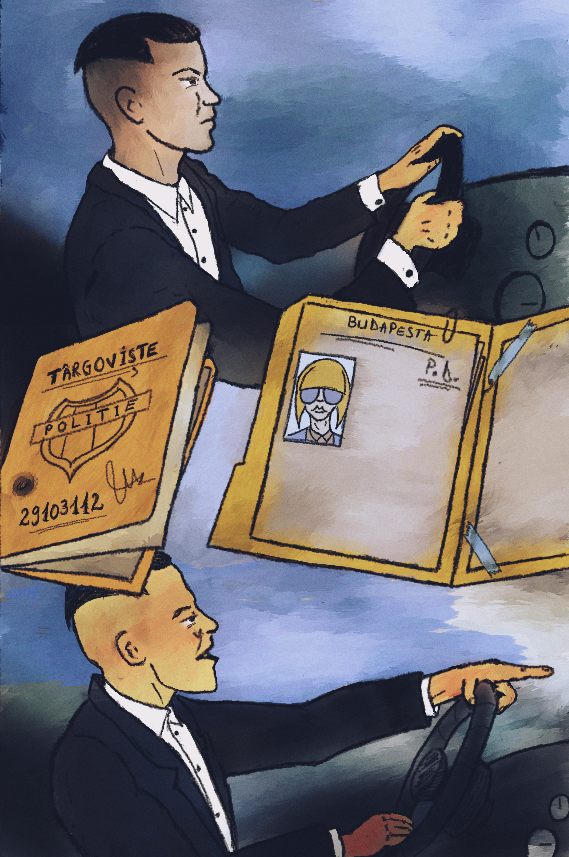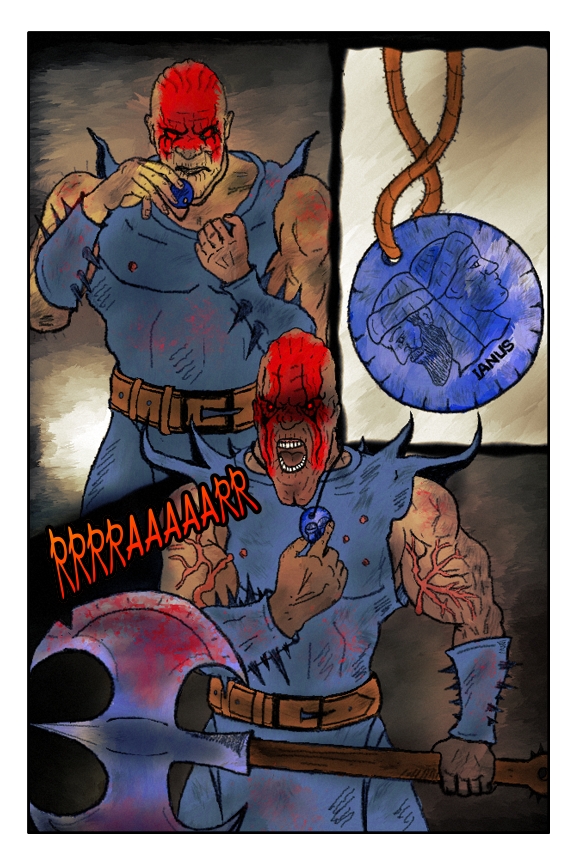
[EN] Once upon a time, in a town far, far away, lived a little girl named Emilia. Because she had no parents, the little girl had to take care of herself, she slept under the open sky, she worked all day long cleaning people’s houses and, when she had food, she cooked for herself. After a whole day of cleaning carpets, the little girl received enough money to buy an ice cream and some candy. While looking for a place to stay away from the rain, she found a critter.Both of them being orphans they became friends and decided to take care of each other.
[RO] A fost odată ca niciodată, într-un oraș îndepărtat, o fetiță pe care o chema Emilia. Pentru că nu avea părinți, ea trebuia să-și poarte singură de grijă. Dormea sub cerul liber, muncea cu ziua în casele oamenilor și își făcea singură de mâncare. După o zi întreagă de bătut covoare și șters praful, fetița a primit atât de puțini bani încât și-a permis să-și cumpere doar o înghețată și câteva bomboane. Căutând un loc ferit de ploaie în care să înnopteze, fetița a găsit un pui de zgripțor. Amândoi fiind orfani s-au împrietenit imediat și au decis să-și poarte unul altuia de grijă.
























